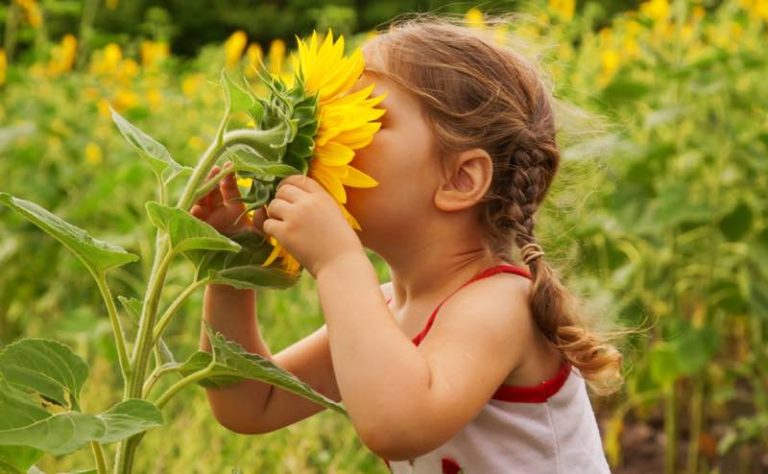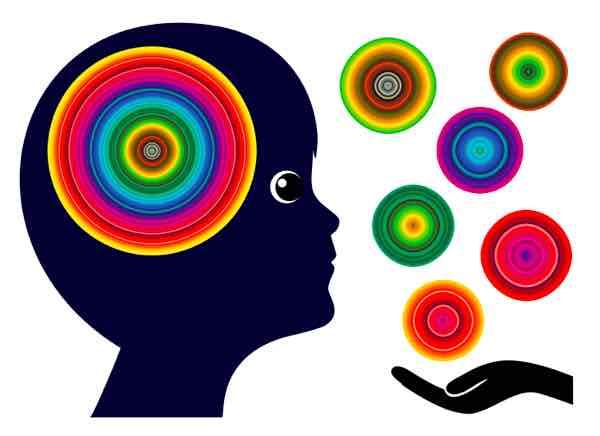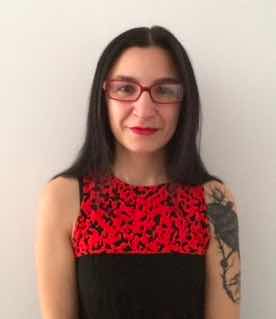Articles
What can neuroscience teach practitioners?
Posted on July 28, 2017.
I was delighted to be able to catch up with Mine Conkbayir at the Childcare Expo in Manchester. It was the first time we had met in person, although I had previously interviewed Mine for the Spring 2017 Summit. On the Summit, Mine had explained to me how neuroscience can support children’s personal, social and emotional development.
However, in this latest interview, I wanted to examine neuroscience as a broader topic – and why we need to know about this as Early Years Practitioners. So, I was thrilled when Mine agreed to record this interview with me, where she talks about Love, self-regulation and finding out more about neuroscience.
Enjoy!
Podcast: Play in new window | Download
Subscribe: RSS
You can also read more about this fascinating topic in Mine’s book Early Childhood and Neuroscience: Theory, Research and Implications for Practice available from Amazon here.
Some of the links that Mine mentions are:
Lighting up Young Brains: https://www.kathybrodie.com/viewpoint/lighting-young-brains/
and original report at: http://www.savethechildren.org.uk/sites/default/files/docs/Lighting_Up_Young_Brains.pdf
Neuroscience for Kids: http://faculty.washington.edu/chudler/neurok.html
You can still buy the video interview with Mine Conkbayir on the Spring 2017 Summit here: Early Years Summit Online Store



 I was introduced to Mine Conkbayir when she contacted me about neuroscience informing early years practice, which I think is such an exciting, and growing, area of study. So I was very enthusiastic when she offered to do a guest post on this subject. Here she discusses how neuroscience can add another dimension to our understanding of child development:
I was introduced to Mine Conkbayir when she contacted me about neuroscience informing early years practice, which I think is such an exciting, and growing, area of study. So I was very enthusiastic when she offered to do a guest post on this subject. Here she discusses how neuroscience can add another dimension to our understanding of child development: